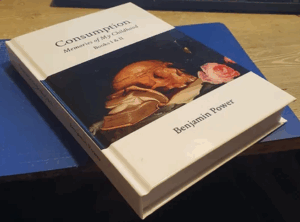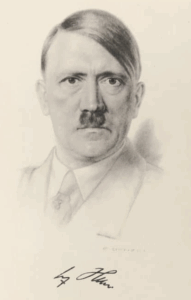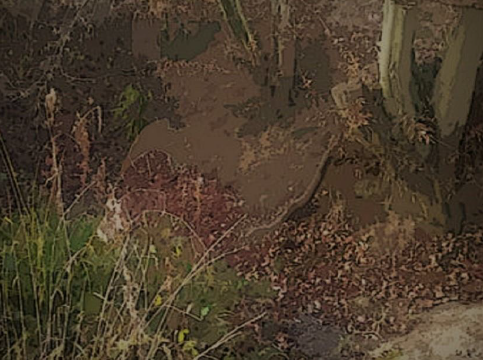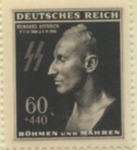Chapter Eleven
Public education, in general, was a nightmare for me at Felsted Preparatory School and then at the senior school. My first steady experience of terrible loneliness and a source of daily fear and sadness; I was bullied relentlessly for almost ten years, day in and day out, never accepted by the other pupils, and always an ostracised outsider, quiet, timid, and increasingly morose… [page 65]
Most of my school days were spent alone, hiding from bullies and ignoring specific routes and chokepoints through the expansive country public school, always scared, sad and low, expecting the worst, and often getting it, still ambushed outside, mocked daily, and beaten up at times…
Ten years experienced in social silence, bar the routine shaming and fear and embarrassment, I’m surprised I lasted it at all, very used to tears and harrowing isolation, always sad, and shielded in my thoughts, hidden away with no one to talk to, knowing I had no one to back me up or to console me. Anything I thought, found interest in, or was moved by was forever off-limits, unsaid, and unacknowledged. It’s as if I didn’t exist there.
I would occasionally tell my parents, but nothing was ever done, and they barely noticed my intense suffering and sadness. I learned to keep it all inside and that it was not worth commenting on to them, as it would bring me no comfort in the aftermath. My mother continued to socialise with the mothers of my many bullies. She remained in friendly contact with them for many years afterwards, sending me occasional cards and letters telling me how those parents’ offspring were doing and the successes they experienced as they got older and began to attend and then graduate from university, getting married and having children, winning awards, and establishing lucrative careers. Having naturally assumed I was ok without consultation and having not paid any attention back then, they never asked me how things were, maintaining firm historical blindness and deeply selective memories, and their historical narrative now is that my childhood was happy, safe, and blemish free, totally oblivious to the entirety of that torture, a great insult to me, and the most frustrating sense of terrible, damning betrayal, brushing me off, a stiff upper lip, and a natural lack of all concern. My mother was interested only in preserving her social status, any adult conversations touching on her behaviour swiftly developing into a relentless doubling down of “Benjamin! Look…” and “I think you’re misinterpreting me”, and “I think you’re imagining me misbehaving,” and “think of all the good things I do for you”…
I’ve never once heard either of them volunteer of their own free will to apologise to me. My Dad can occasionally capitulate, as if put out, in deadpan emotionlessness or snappy anger, to shut me up, a sharp, empty “fine! I’m sorry, I’ve said it, can we move on now?” where one knows he does not feel remorse in the slightest and is merely exasperated. My Mum cannot even reach this level… [pages 68-69]
I sometimes wonder if my grades could have been higher were I not always so set-upon and scared and low, distracted, hurt, and worried. Accustomed to this treatment and with no other, better experience to compare it to, I carried on in quiet, emptied melancholia, longing impotently for friendship, company, and warmth… [page 71]







